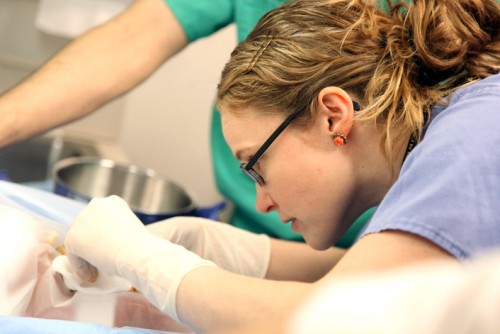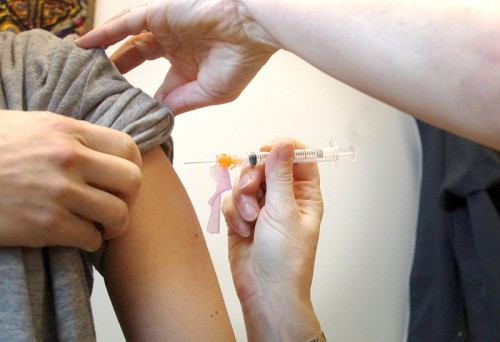Showing posts from: September 2015
For the longest time, doctors basically ignored the most basic and frustrating part of being sick — pain. In this lyrical, informative talk, Latif Nasser tells the extraordinary story of wrestler and doctor John J. Bonica, who persuaded the medical profession to take pain seriously — and transformed the lives of millions. He literally gave us modern pain relief.
The history of science is “brimming with tales stranger than fiction,” says Latif Nasser, who wrote his PhD dissertation on the Tanganyika Laughter Epidemic of 1962. A writer and researcher, he’s now the research director at Radiolab, a job that allows him to dive into archives, talk to interesting people and tell stories as a way to think about science and society. He has reported on such disparate topics as culture-bound illnesses, snowflake photography, sinking islands and 16th-century automata. Now: the history of modern pain relief.
I’m not sure how to write about some new research on infant circumcision because I am aware that the subject has seemed to develop sort of a cult of non-believers not dissimilar to that of the non-immunizers.
Read more→
We’ve had plenty of previous posts about reading to children and its benefits. We haven’t however specifically mentioned the benefits of this parenting practice at bedtime – until a few days ago.
Read more→
Do you think that the term “Night Terrors” is just the name your grandmother used to describe an upsetting bad dream or nightmare?
Well, I never met your grandmother so I don’t know really know what she meant; BUT, they are not the same thing and are treated somewhat differently.
Read more→
Concussion and Contact Sports
Five important things to know
Did you pick out the Five Things About Concussions You Should Know?
First – don’t wait to “see if it goes away” before you seek accurate diagnosis. Often an accurate diagnosis depends on comparing measurements in an early visit with those in a later visit.
Second – Follow-up care is important not only to prevent further harm but sometimes to make an accurate diagnosis, especially about the brain and nervous system which can be very subtle.
Third – We now realize that there are long term effects of concussions, possibly up to 6 years! There may even be life-long consequences that must be overcome.
Fourth – Even multiple impacts without a diagnosed concussion often lead to long term effects. And,
Fifth, Helmets are designed to prevent skull fractures and NOT concussions.
What’s this HPV thing they want to do to my kid? Isn’t this just about sex diseases? Why would I want to give my girl (or boy) that? She’s too young to even date?!
Perhaps, you’re one of the many who think the information is so confusing that you’ll just ignore it until the recommendations get more clear and convincing.
Read more→
Here is a link to an article for teens about sexual attraction and orientation and it’s printable. A good read for parents as well. It’s tremendously important that each teen finds a “confidant.”
[ http://kidshealth.org/PageManager.jsp?dn=KidsHealth&lic=1&ps=207&cat_id=20016&article_set=50685 ]
As I’ve been clearing out my “to do” file of articles, we’ve had a series of posts about parenting teens through puberty and preparing for the skill-set and tasks of adulthood. Pediatricians are in a position to have many opportunities to talk to teens about life issues and I’m thinking that perhaps you’d like to see some “bullet points” of common issues we address.
Read more→





